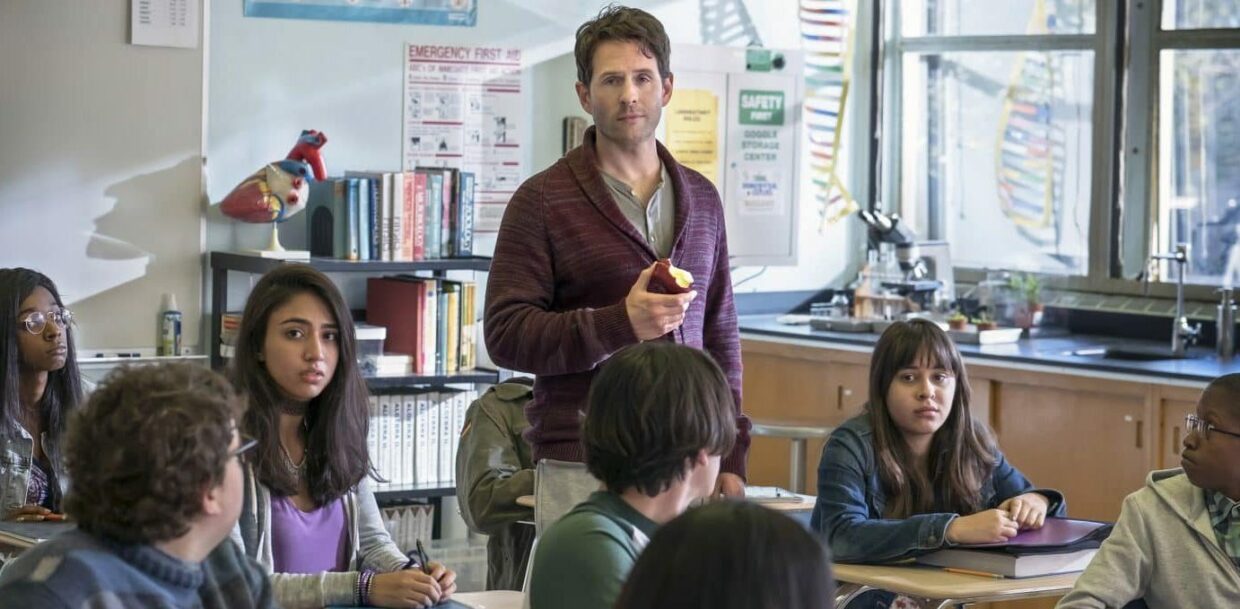
5 October 2018
4 lessons in primatology, courtesy of AP Bio
Update: AP Bio is no longer on Showmax. Find your next binge in the full series catalogue here.
When award-winning philosophy scholar Jack Griffin (Glenn Howerton) loses out on his dream job to his rival Miles Leonard (Tom Bennet), he winds up moving back to his home town, where he’s soon stuck teaching AP Bio (Advanced Placement – which means that some course credits can be transferred to students’ university-level education) at Whitlock High School.
Jack immediately declares that he has no intention of teaching whatsoever (or learning from his students in that touching Hollywood way). But realising he has the school’s smartest kids at his disposal, he decides to turn their dangerous minds to the task of helping him to depose his rival.
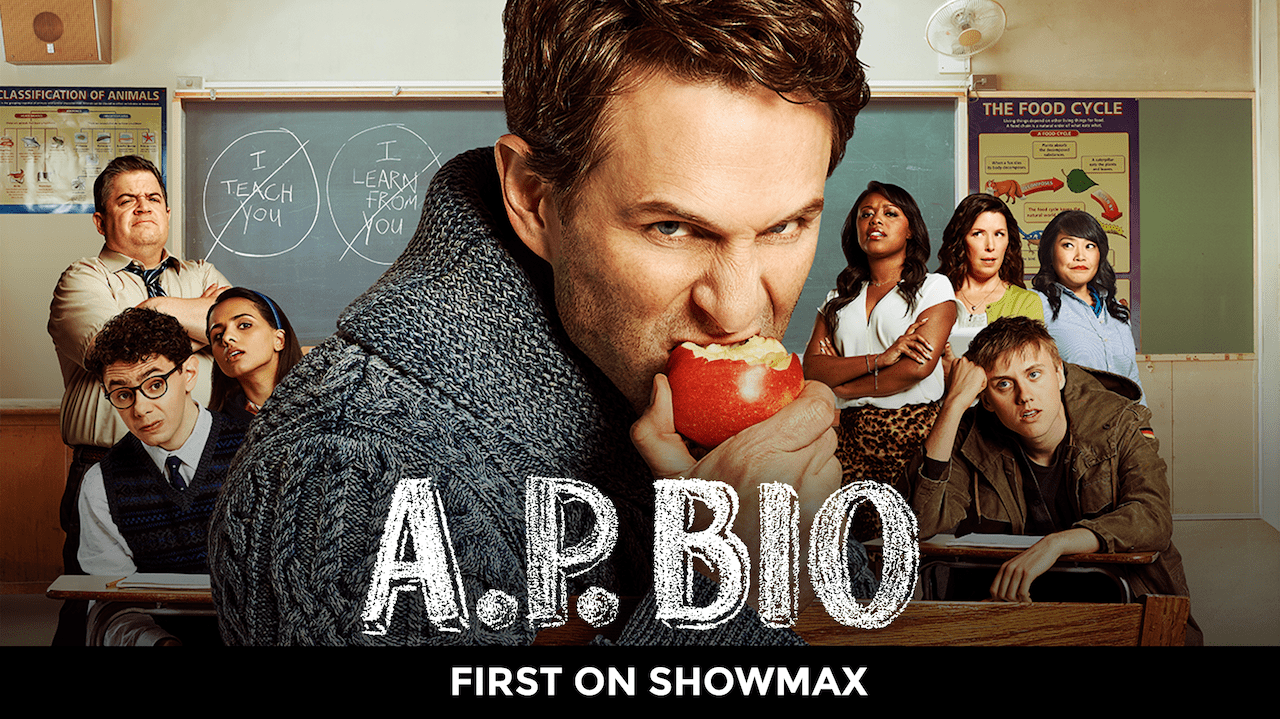
Those students need not fear missing out on their biology education completely, though. Jack himself makes for an interesting study in primatology, in these four lessons, as he beats his chest (figuratively) and monkeys around.
Lesson 1: Establishing territory
In episode one, Jack’s first move to establish territory and dominance in the classroom is a classic primate show of aggression and violence. He crashes his car, making a loud noise. He visibly threatens a cyclist and only turns away once the other primate is on the ground in a submissive posture. He bursts into the classroom speaking in a loud voice and noisily flinging a weapon (a crowbar) down on his desk, while maintaining aggressive eye-contact. Think of a chimpanzee rushing at its rivals while whipping tree branches around in a charging display.
Lesson 2: Attention-seeking behaviour
In episode one, Jack tells his students that he urinated on the hospital building where his ex-lover works the previous night after she refused to have sex with him. Now, anyone who’s ever seen an ape at the zoo fling bodily waste at a person who has annoyed them knows that this could have been far worse. More interestingly, it has been noted that capuchin monkeys have been known to urinate on their own hands and feet as a form of attention-seeking behaviour. Following 87% of fights or aggressive incidents, the loser monkey was seeing washing in their own waste in a bid to seek sympathy. This is also their prelude to courtship, so…
Lesson 3: Taking over the troupe
In episode nine, Jack’s students have each been given realistic robot babies in their health class. Jack is clearly not a fan, and when his students refuse to ignore the annoying, crying babies, he eventually drowns and destroys them in the school swimming pool. This is classic primate behaviour seen in a dominant male taking over a troupe. The new leader of the troupe will destroy all unweaned babies, thus wiping out his predecessor’s legacy. Jack is simply re-establishing his dominance over his students, and destroying another outside influence over the group (their health teacher’s) to ensure the survival of his own curriculum.
Lesson 4: Showing physical aggression
In episode 11, while Jack is trying to intimidate his students into confessing, he peels and eats a banana with loud, smacking noises while staring at Victor (Jacob Houston), about 30 centimetres away from Victor’s face. In primates like humans, macaques and baboons, violating personal space causes anxiety because it signals a higher risk of physical aggression, because now you’re in the space that the other primate needs to protect themselves from predators.
But a banana, Jack? Could you be any more obvious?
Original African stories by local talent

Empini S1
Stream the Showmax Original drama series Empini from 23 May 2024.

Original Sin: My Son The Killer
Original Sin: My Son The Killer follows the murder of Andrea Venter by Gerhard Jansen van Vuuren, who then went on the run from South Africa to Brazil.
Tracking Thabo Bester
From the makers of Devilsdorp and the director of Convict Conman comes the true-crime documentary South Africa has been waiting for. Two episodes now streaming, and the remaining two episodes land on 22 March 2024 on Showmax.
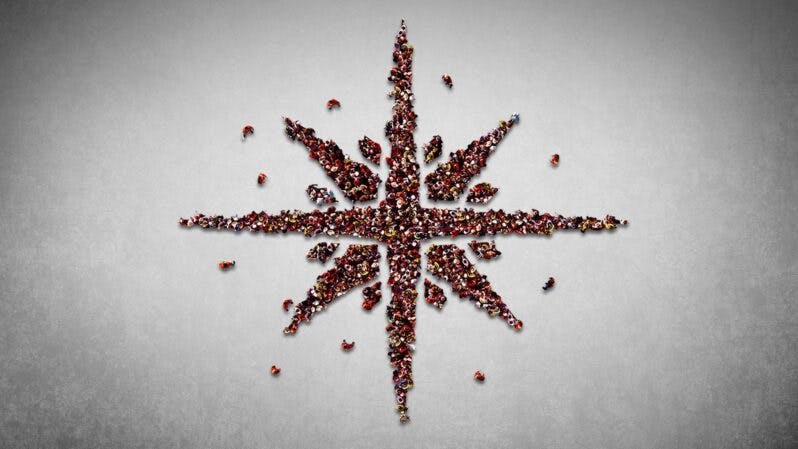
The Illuminated
The Showmax Original docuseries The Illuminated explores different religious movements in South Africa. Stream now, with new episodes every Wednesday.

Koek S1
The crime comedy Koek, starring Cindy Swanepoel, now streaming on Showmax, with new episodes every Thursday.

Ekhaya Backpackers S1
Stream the Showmax Original comedy series Ekhaya Backpackers, with new episodes every Thursday.

Cheta M
Cheta M explores the love story between Adanna and Nnanna, young lovers who battle the spiritual and political forces in their way. Stream now, with new episodes Wednesday to Friday.

Youngins S1
Stream Tshedza Pictures’s first teen drama, Showmax Original Youngins, with three new episodes every week.
The Winning Ticket, a Showmax Original
Youngins S1 episodes 1-20 recap
More Mzansi gold
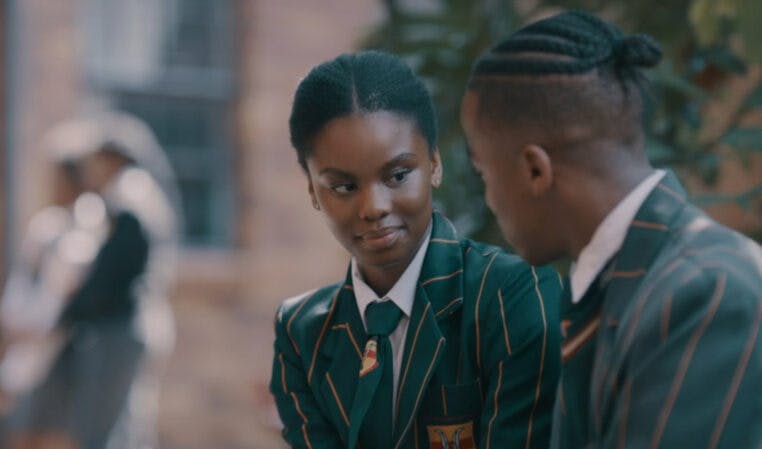
Youngins Season 1 episodes 31-33 recap: Revelations
Amo and Mahlatse become a couple, Tumelo ditches Sefako, and Khaya sees both Sefako and Principal Mthembu in a new light in episodes 31-33 of Showmax Original Youngins.
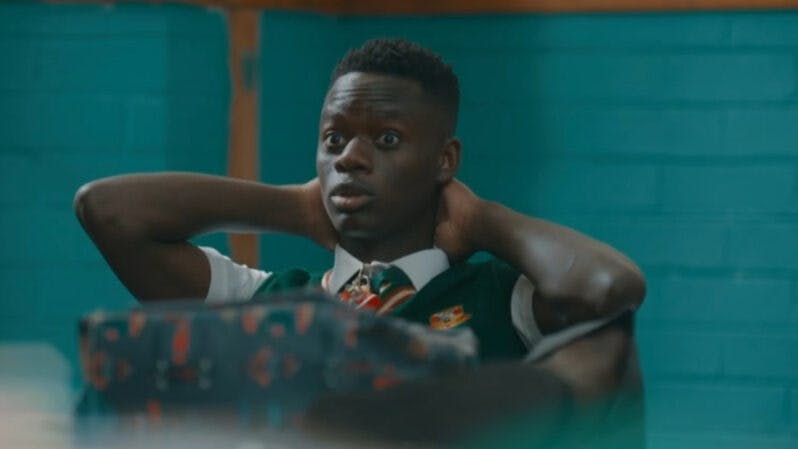
Interview: Knock knock, it’s Youngins’ Tshepo!
Tshepo Matlala talks about how he brings class clown Tshepo’s jokes to life, and what’s behind the mask, in Showmax Original Youngins.

Siyabonga Thwala stars in action-packed Empini
Showmax announces new action-drama series Empini, starring three-times SAFTA winner Siyabonga Thwala. Premieres 23 May on Showmax.

The Mommy Club S2 episode 9 recap: Mrs Mops’ launch event
In episode 9 of The Mommy Club, Mrs Mops launches her skincare range and Barbra and Mantshi make amends. New episodes every Monday.
